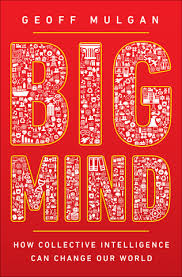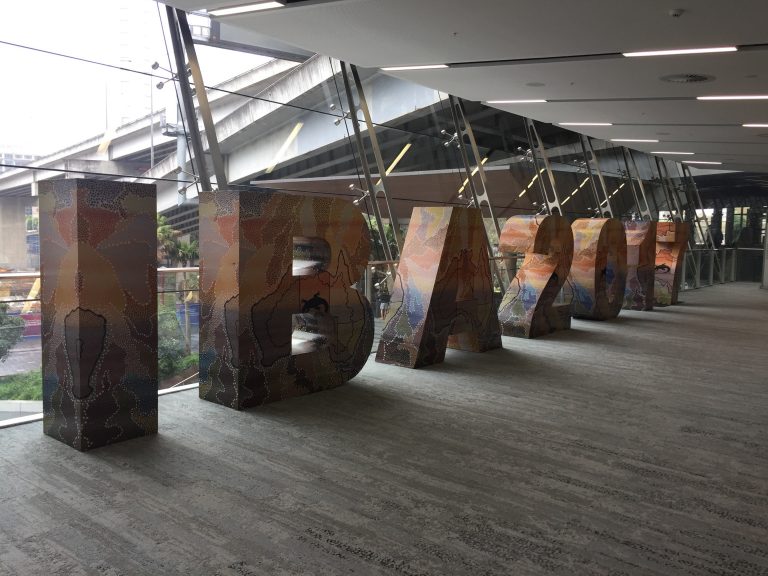Or what are collective intelligence assemblies and why are they the game we must learn to play so we can play the game? Big Mind: How Collective Intelligence Can Change Our World https://press.princeton.edu/titles/11098.html Geoff Mulgan, Princeton University Press 2017 “Better together” increasingly goes the mantra when the conversation turns to solving big problems whose characteristics combine […]
The digital transformation of government: half a conversation
This piece from Matthew Cain, who is the Head of Digital at the London borough of Hackney in the UK, is well worth a read. I’m inclined to simply copy and paste the whole thing because it says most of the things I, and perhaps many others, tend to think about digital transformation in government. […]
Tales from three disruption “sherpas”
On Tuesday last week, I spent an hour with three clever and expert people talking with 100 + lawyers from around the world about the implications of the new formula which goes something like “data + digital = disruption.” [Note – the 100+ lawyers in the room I imagine were pretty smart and expert too, […]
Blair on the public service
This is a great interview of Tony Blair about his formation as a politician, political thinker and especially his views about the role of the state (the State too can develop interests) and the role of the public service. http://www.bbc.co.uk/programmes/b0902l3q “What I learnt about bureaucracy is that it is great about managing things but not […]
Group Genius Part 2
This is the second part of the “group genius” explanation, the thinking that lies at the heart of the work of PwC’s The Difference and the new venture at PwC I am now working on, The Impact Assembly. Here is the first installment. This installment starts by rehearsing the 14 “axioms” that Matt and Gail […]
Group genius (the fundamentals of good collaboration)
Over the next few days, I will publish, in a few short extracts, a fascinating essay outlining some of the core concepts behind “group genius”, developed in the US in the 1980s by Matt and Gail Taylor (architect and teacher respectively). Their work, some of the basic assumptions and claims of whihc are neatly summarised […]


